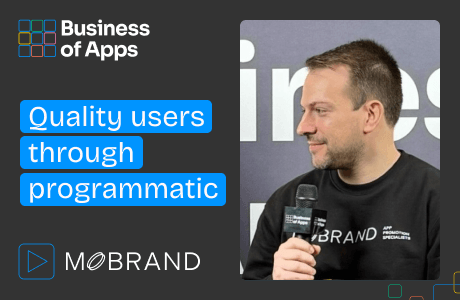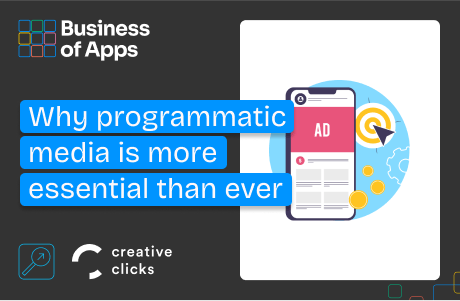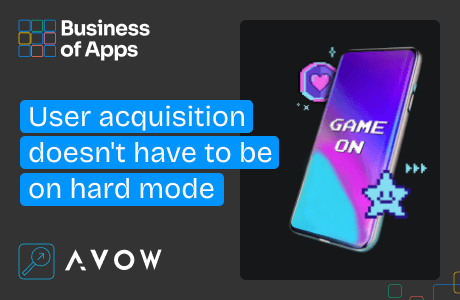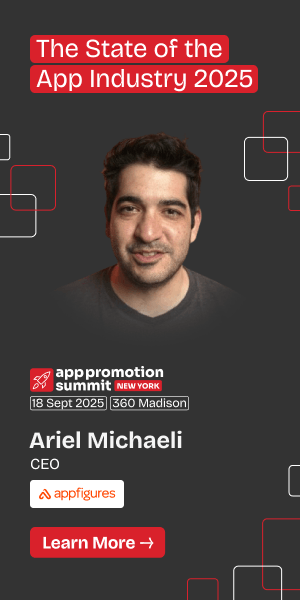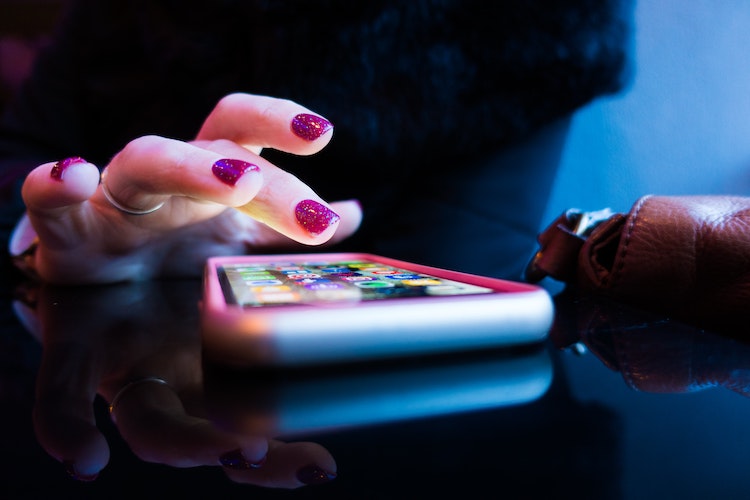
Speed read
A UK judgment has made it clear that in the increasingly competitive app market, brand owners need to adopt distinctive brand names in order to stop copycat brands. Conversely, the judgment makes clear that newcomers to an app market are well advised to avoid targeting established brands by adopting elements of their app’s ‘look and feel’.
This may all sound obvious, but in the case of PlanetArt v Photobox [2020] EWHC 713 (Ch) this is exactly what was in issue. The Defendants, Photobox, were sued by the Claimant, PlanetArt, for copying its descriptive brand name “FREEPRINTS” and other branding material including its colour scheme and app icon. The judge described Photobox’s use of PlanetArt’s branding as constituting “what might be described as an antisocial non-distancing of the Defendants’ identity from that of the Claimants”.
The judge decided that Photobox’s use of “FREE PRINTS” underneath its app icon was enough to infringe PlanetArt’s registered trade mark for its app icon and the words “FREE PRINTS”, even though it is a highly descriptive term. However, PlanetArt failed to convince the judge that Photobox’s use of “FREE PRINTS” in conjunction with its own brand name (“PHOTOBOX”) also infringed PlanetArt’s rights.
Background
PlanetArt’s “FREEPRINTS” app allows users to upload photos and order prints for free (only having to pay postage & packaging). Photobox, a late mover into this market, called its new app (which offered exactly the same service as PlanetArt’s) “PHOTOBOX FREE PRINTS”.
Before the dispute arose, PlanetArt’s app was very successful, not only in terms of UK revenue (which was over £30 million a year), but also in that their app remained in the top 10 photo apps on the Apple App store and Google Play store every week for three years. The app had been downloaded 11.5 million times in the UK alone and was the market leader.
Photobox meanwhile were newcomers into the free prints market, with an app they had initially called “PRINTLY”, but which was rebranded two weeks after launch to “PHOTOBOX FREE PRINTS”.
Photobox adopted the colour of turquoise, which was also used by PlanetArt, as the chief colour in its livery and app design including their app icon. In addition, like PlanetArt, Photobox used a white line drawing in their app icon design and words “FREE PRINTS” underneath it. PlanetArt’s icon was of a butterfly, whilst Photobox’s was of a polaroid photo. It did not escape the judge’s notice that in the free prints app market only PlanetArt and Photobox were using icons which employed the colour turquoise and in addition had a white line drawing detail.
Brand law
PlanetArt relied on two weapons: its registered trademark for its app icon and the words “FREE PRINTS”, and the law of ‘passing off’.
A registered trade mark provides its holder with a right to prevent others from using an identical or confusingly similar mark in relation to identical or confusingly similar goods or services. Trade marks which have acquired a reputation benefit from enhanced protection.
Passing off provides broader protection than trade mark infringement but can be harder to prove. Names, logos, brands and, to an extent, the ‘look and feel’ of an app which are not registered as trade marks may be protected under the law of passing off. If a third party is misrepresenting itself as being connected with another company by using the other company’s brand name or other identifying assets, or similar, then it might be passing off.
The evidence in this case
Photobox’s evidence left little room for doubt that it had launched its app with the intention of copying PlanetArt’s branding. A director of Photobox explained that Photobox had actively sought to use multiple aspects of PlanetArt’s branding and ‘look and feel’, in launching the Photobox app.
There was also evidence which showed that Photobox, when analysing its pre-market surveys, had identified PlanetArt’s business as one to imitate, and had looked at various riffs on PlanetArt’s “FREEPRINTS” name.
Finally, the internal messages of Photobox’s employees were disclosed, including a number of messages in which employees expressed their concerns that the chosen branding would attract a complaint from PlanetArt.
The result
The judge in this case was at pains to say that where descriptive terms are involved the law must allow confusion between businesses which is tolerable, as opposed to confusion which is damaging or deceptive. The judge needed, therefore, to determine whether Photobox’s use of “FREE PRINTS” was genuinely descriptive (which is allowable) or whether it was being used in a ‘brand sense’.
For the trade mark aspect of the claim, the judge decided that Photobox’s highly similar app icon and use of the words “FREE PRINTS” underneath the app icon constituted infringement of PlanetArt’s trade mark for its app icon and the words “FREE PRINTS”.
However, this was the extent of PlanetArt’s success. All other aspects of Photobox’s branding (including its app store marketing, internal app branding, and ’look and feel’) did not amount to trade mark infringement or passing off, and nor did the use by Photobox of the words “FREE PRINTS” in other aspects of its branding, such as in the Apple app store or in its customer facing interface, as it was descriptive or, if it was used in a brand sense, it was accompanied by the word “PHOTOBOX”.
Take away points
Readers may find it surprising that a business that set out to adopt elements of an earlier business’ branding, got off as lightly as it did. However, as the judge emphasised “This is not a copyright case and there is no tort of targeting (and seeking to take key features of) a rival’s business as such.”
One significant ‘take away’ point for brand conscious app businesses is to adopt a distinctive brand name, and to apply to register it as a trade mark. That way, it is less easy for another business to use it and argue that the use is merely descriptive. Applying for trade mark protection is relatively inexpensive compared with the costs (both financially and in management time) of engaging in litigation with a competitor.
That said, app businesses should not assume that descriptive words are clear to use, particularly if combined with other brand elements which sail close to another business’s brand. App businesses would be well advised to conduct clearance checks before launching, or they may find themselves in similar shoes to Photobox.
It is not always straightforward to assess how far a business can go in ‘winking’ at another business’s branding. Passing off and trade mark infringement cases are very fact sensitive and what may be permissible in one case may cross a line in another. Even defending meritless lawsuits is time consuming and expensive and best to be avoided.
If your business has outsourced its app design to a third party then make sure to do your due diligence and have in place proper contract safeguards against designers copying a third party’s branding and inadvertently drawing you into a potential dispute. Your design contracts should also include provisions to ensure that any IP designers create belongs to your business.
Finally, if there is any doubt as to whether your brand is being copied in a way which is on the wrong side of the law, or is itself at risk of infringing, do be sure to get advice from an intellectual property lawyer.





